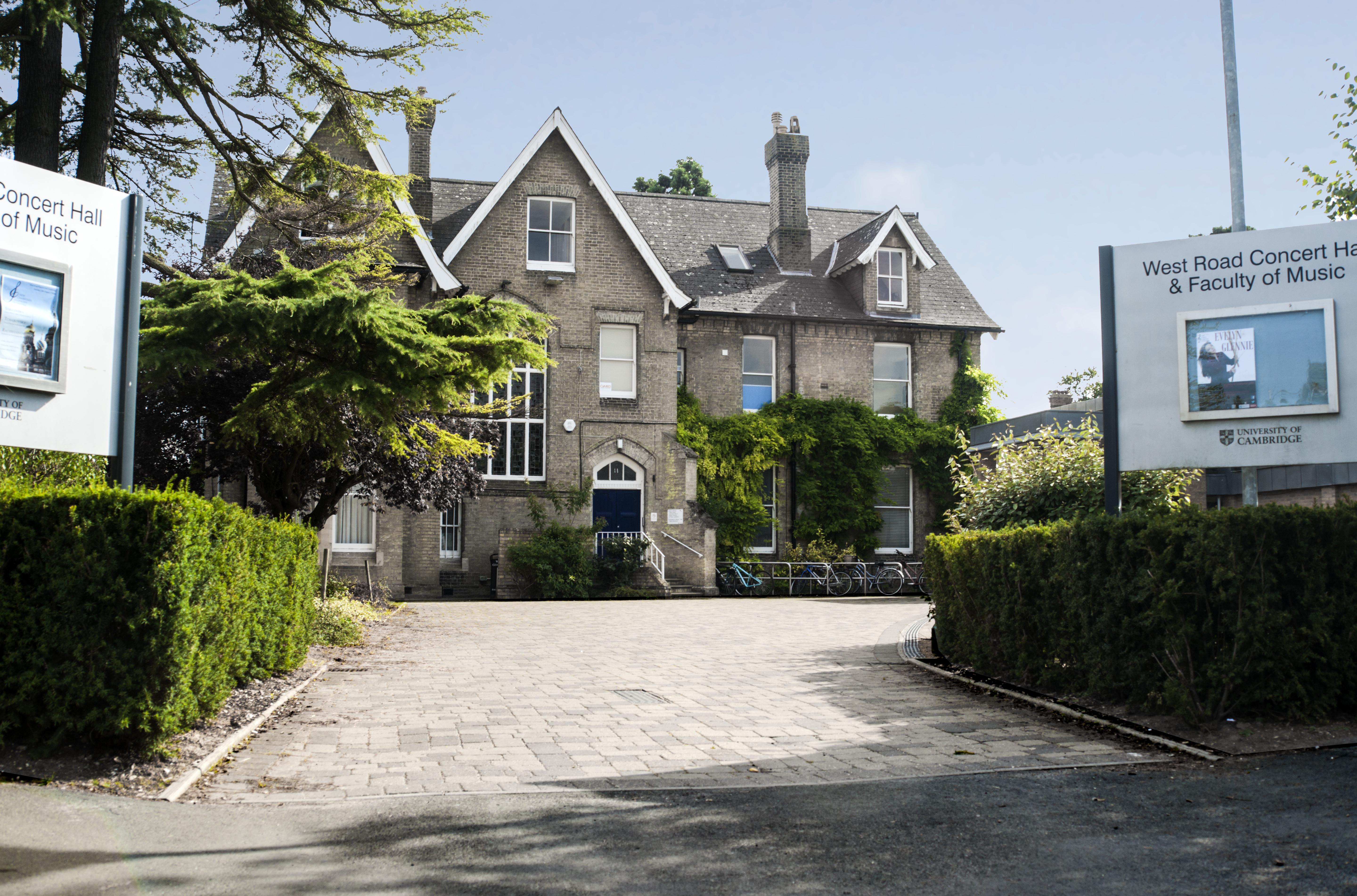
Founded in 2003, the Centre for Music and Science is reshaping our understanding of music and its role in society. By showing that music and language are complementary components of humans' communication toolkit, the Centre's research is opening up new ways of sharing information and understanding.
“When we talk about music, and we talk about language, we are not talking about two different things”
Professor Ian Cross
“The application of [Professor Cross's] theories will help us to ensure that people working for BG remain free from injury and are able to go home to their friends and family each and every day”
BG Group
Music and language
By tuning into the differences and similarities between music and language Professor Ian Cross and colleagues at the Centre for Music and Science are changing our understanding of these two fundamental human traits.
Working with collaborators across the world and across disciplines, his scholarship – both theoretical and experimental – supports the idea that music and language are complementary parts of an underlying human communicative toolkit.
Drawing on evidence as diverse as mother-infant interaction, turn-taking in conversation and the common features shared by music across cultures, Cross shows that both music and language can enhance social bonding, and says that because it enhances group solidarity, music is best interpreted as a communicative medium for managing situations of social uncertainty.
Not surprisingly, his ideas have fascinated the public. They are widely discussed in the media and in the popular science book The World in Six Songs.
The practical applications of his work are equally diverse, from using music to increase empathy and foster mutual understanding, to creating better sonic environments in which to live and work.
It's even research that is helping save lives, according to the BG Group. After meeting Cross through Pembroke College's Corporate Partnership Programme, the international oil and gas company decided to use shared song at the start of workers' shifts to reinforce safety messages and boost cooperation.
More than sound
Music is part of all human cultures. But music is far more than sound: it is shaped by biology and culture. Language too is a universal human trait. But what function does music perform, what jobs does language do, and should we consider them separately?
Although much of Western music is performed on stage, for the other half of the world, and even for many in Western societies, music is participatory. It is in this context, where music is both action and interaction, that the boundaries between music and language blur.
Like other areas of interdisciplinary research, it's a fertile but largely unexplored field. While we have a good understanding, for example, of concert hall acoustics and robust measures to characterise noise, there is much that remains a mystery about how the sounds that surround us in our everyday lives influence the quality of our emotions and the effectiveness of our thought processes.
The challenge, then, is to develop ways of studying how people feel, act and interact through music. And to use that understanding to improve how humans learn, communicate and relate to each other.
Tuning in to others
At Cambridge, Cross is pioneering research on music and language. Intensely collaborative, his theoretical and experimental work draws on many fields, from acoustics and archaeology to linguistics and cognitive science.
His studies involve both children and adults, tuning into the interplay between music and language, and the social role of making music together.
Compared with the transactional nature of language, music emphasises the relational. So, by providing a space for people to interact in a non-confrontational way, can music enhance our sense of affiliation and our ability to empathise with others?
Cross's work suggests it can. Over the course of a year, his team worked with more than 50 children aged 8-11 years old. The study found that regularly interacting through music in small groups significantly improved children's ability to empathise with others, results with applications in many areas including therapy, and with policy implications for the importance of musical participation in helping shape stable societies.



